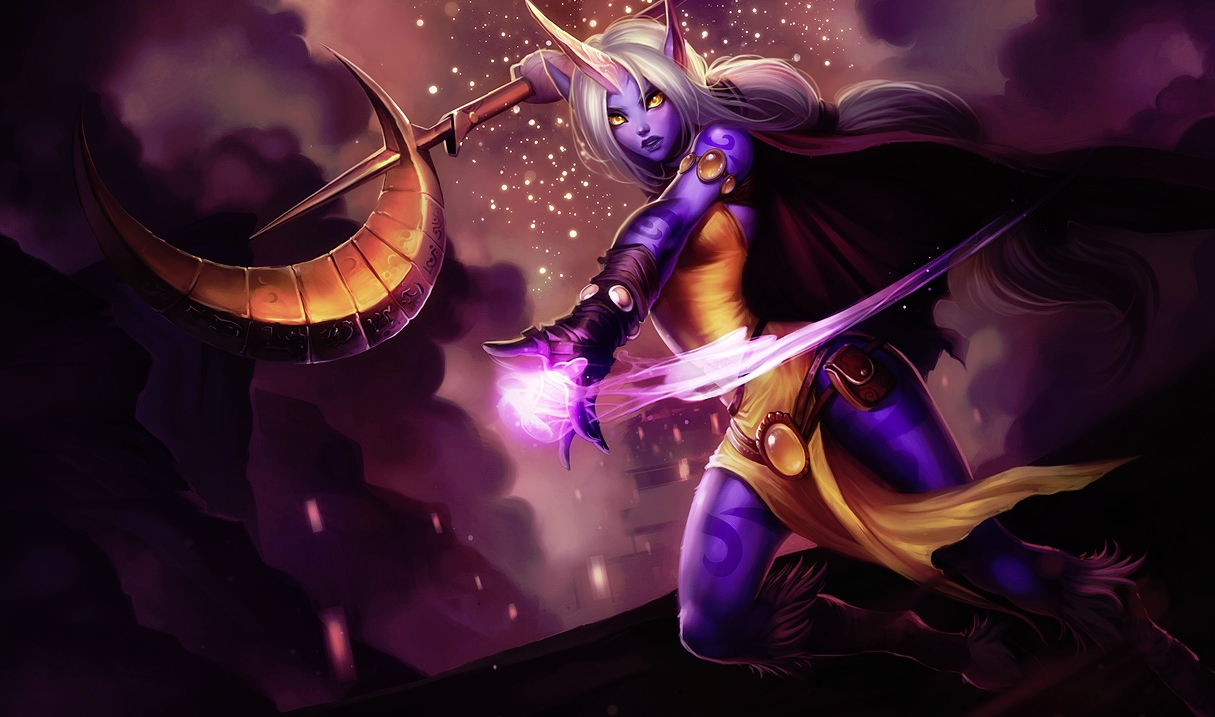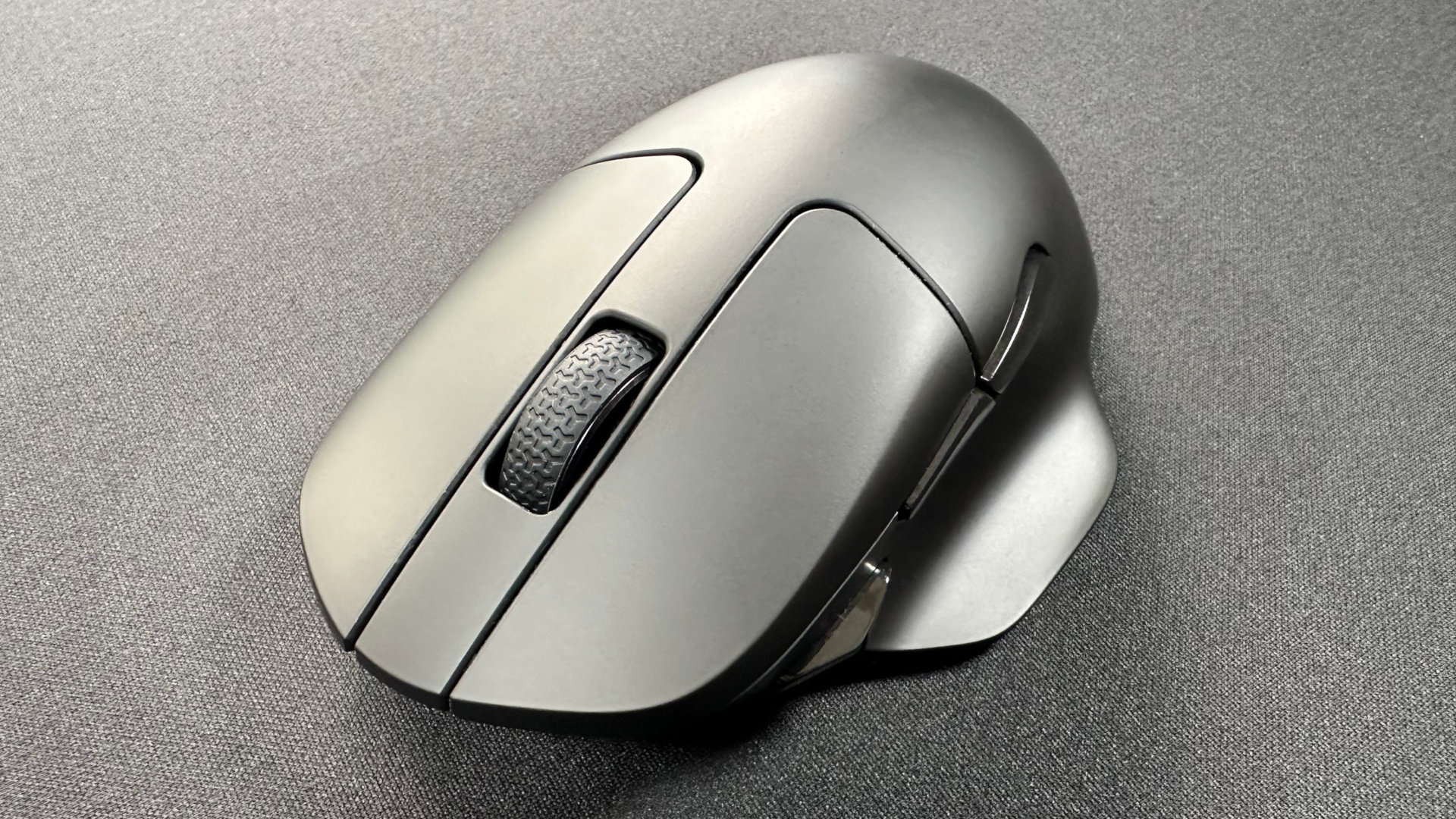Player compensation problems plague League of Legends

The unfortunate thing about all the recent Korean broadcast drama is how heavily it overshadows other major issues. To recap: Riot Games, OnGameNet TV and the Korean E-Sports Association (KeSPA) are in a three-way dispute over how to handle the upcoming competitive season. Riot wants to bring on a second broadcaster, allowing simultaneous streams on the same day. OnGameNet, who just recently finished building a second broadcasting studio, is wondering why the heck they have to give up half of the broadcasting rights to SPOTV, who are rookies in the general esports landscape. The companies are upset (negotiations are still ongoing), the fans are upset (not only do they have to choose which studio to go to, but all of this is eerily reminiscent of StarCraft's breakdown), and things are generally tense and uncomfortable for those who've come to love and respect the region that produced back-to-back-to-back League of Legends world champions.
But what about the players and teams? Word is that the disputes don't matter too much for them—it doesn't make much of a difference if they have to shuttle between two different studios from week to week so long as the computers are in good shape and the connection to the server's fine (and the fact that individual broadcast sessions'll be shorter probably makes things more comfortable for everybody, especially those that don't want to miss the last bus out). But while the three major companies are squabbling over rights, there's an insidious problem affecting the players going unaddressed: they're not getting supported enough.
Son Young-min made a name for himself as Anarchy's rookie ace last split—though the team fared poorly in the overall competitive environment, his personal skills in the mid lane caught the eyes of fans and rivals alike. The kid is good—a devastating duelist formerly known as "Mickeygod." He's now known in solo queue as "아나키스폰좀요."
That's not a name at all. When translated, that's a plea: "please sponsor Anarchy."
The Tigers, formerly under KOO TV, went from a bunch of ex-NaJin em-Fire rejects to World Championship finalists—a tour de force performance of a bunch of players that were considered washed up or out of contention. They went from a ragtag bunch of sponsorless friends to major tournament favorites... and back again as KOO TV went under with no other sponsors on the horizon. In the process, they lost jungler Hojin and substitute jungler Wisdom, leaving their fortunes for 2016 up in the air.
Finally, to top it all off, NaJin itself is disbanding. One of the oldest Korean League of Legends teams, stemming back to the qualifiers for the original 2012 circuit, has thrown in the towel. Something has gone terribly wrong.
Success and failure
Part of Anarchy's struggles is a refusal to adopt KeSPA's contractual terms: as their individual players have sizable audiences on other streaming platforms, the unpopular KeSPA-Azubu partnership would've forced them to abandon what little they've managed to build for themselves in favor of the controversial streaming platform. It would've also forced them to sell managerial control to one of the corporate Chaebol that dominates KeSPA—and, frankly, that wouldn't have guaranteed that their fiscal fortunes would've been any better.
Keep up to date with the most important stories and the best deals, as picked by the PC Gamer team.
As demonstrated by the mass exodus out to China and the western circuits: being on a Chaebol team, despite their global reach and untold billions, is no guarantee of riches and success. Hell, world-famous Samsung, producer of seemingly every major modern piece of electronics you can stuff into a pocket, couldn't even hold onto a squad that was largely considered the best team to ever win the world title (or, rather, were unwilling to give an adequate counter-offer). The community is quick to blame Riot for their ban against sister teams, but you'd think that having only one team to focus resources on would've produced better stability and long-term planning for at least the handful of players lucky enough to get a Chaebol's attention—none of that has been demonstrated.
The players are getting stiffed. And those outside of KeSPA are even more so. Despite all of their success, despite the infrastructure that's turned them into the world's #1 esports superpower, none of that has translated into due compensation for the kids that success's actually built upon. Only a handful of them are treated well—SKT T1 famously "actually cares" about its esports program, and Faker gets a good deal out of the advertising contracts he gets for being, well, Faker. But the rest, it's beginning to look, are left with mere crumbs at what should be a vast and generous banquet.
Win or profit
On a region-by-region basis, it even looks as if teams should stop trying so hard in general. The best-paid regions, China and North America, did dismally at Worlds—China's billionaires are burning hundreds of thousands on individual players that don't show up with any of the brilliance that justified that price tag in the first place. North America's attracting investor groups and NBA owners, and they couldn't even get out of the group stage last time. Meanwhile, you can probably buy out everybody in the Taiwanese LMS but the Taipei Assassins and Hong Kong Esports for Dade's contract alone, and 100% of the LMS representatives made it into the quarterfinals. Then there's EU, who secured two top-four finishes, but lost all of their aces to North America a month afterward.
That seems a little unfair to me. More than a little, actually. There's all sorts of reasons to consider the very concept of meritocracy bunk (most of it stems from the biases involved in defining "merit"), but it's not too controversial to claim that your rewards should match your accomplishments—and the current state of League of Legends seems exactly opposite of that. Why are European teams given fewer hours of exposure next season, compared to their less-successful North American counterparts? Why is OnGameNet getting punished for running what is almost universally considered the best League of Legends broadcast in the world?
Why is a World Championship finalist being left in the lurch?
There's still a month to go before the new season starts—and that seems, paradoxically, both a long time away and not enough time at all. What I want to know—what the audience should be demanding, in lieu of the attention given to drama that only affects the corporate level—is what Riot, OnGameNet, KeSPA, the EU LCS, the NA LCS, China's L-ACE, Taiwan's Garena, and everybody else in charge is planning to do to help their players. What mechanisms are being introduced next year, what sponsors are being courted to help with financial hardships, and what measures of transparencies are being introduced to mitigate the abuses that are altogether too common in esports?
Flash Wolves' Karsa gave up the chance to go to North America and make what amounts to retirement money, out of love for his team, his teammates, and his scene. That makes him one of the most laudable players anywhere, even beyond the fantastic display of skill he put up in October—and that makes the Taiwanese scene a tragedy, where loyalty is implicitly rewarded by comparative hardship. In their rush and zeal to capitalize on esports' growth, more consideration should be given by the scene's stakeholders for those that their product is built upon—the labor, effort, and passion of the players involved. Whether that consideration is given in form of a larger stipend, hooking them up with both endemic and non-endemic sponsors, or whatever else it takes, it needs to be done before the season starts.
They deserve better than the deal they're getting now.

PC Gamer Pro is dedicated to esports and competitive gaming. Check back every day for exciting, fun and informative articles about League of Legends, Dota 2, Hearthstone, CS:GO and more. GL HF!

